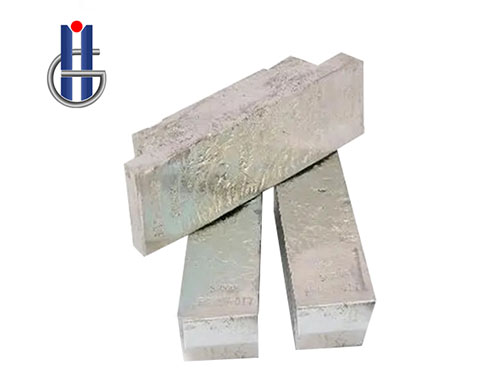Lead-free solder balls represent a significant advancement in electronics manufacturing, offering both technical excellence and environmental responsibility. As the global push for safer and more sustainable practices continues,
lead-free solder balls have emerged as a crucial component in the production of electronic devices, ensuring reliability while minimizing environmental impact.
Traditionally, solder balls used in electronic assembly contained lead, which posed potential health and environmental risks during manufacturing, use, and disposal. However, the development of lead-free solder alloys has addressed these concerns, providing a safer alternative without compromising performance. Lead-free solder balls are composed of various alloys such as tin-silver-copper (SnAgCu) or tin-silver-bismuth (SnAgBi), which offer excellent mechanical properties and thermal stability comparable to traditional lead-based solders.
One of the key benefits of lead-free solder balls is their compliance with environmental regulations and industry standards. Lead-free soldering processes contribute to the reduction of hazardous substances in electronic products, aligning with initiatives such as the Restriction of Hazardous Substances (RoHS) directive. By eliminating lead from solder balls, manufacturers mitigate environmental pollution and minimize health risks for workers and consumers throughout the product lifecycle.
Moreover, lead-free solder balls offer improved reliability and performance in electronic assemblies. These solder alloys exhibit excellent wetting and solderability characteristics, ensuring strong and reliable connections between components. The thermal and mechanical properties of lead-free solder balls enable them to withstand the demands of modern electronics, including high operating temperatures and mechanical stresses, while maintaining long-term reliability.
Additionally, the adoption of lead-free solder balls promotes innovation and collaboration in the electronics industry. Manufacturers, suppliers, and research institutions work together to develop and optimize lead-free solder formulations, advancing the state-of-the-art in soldering technology. This collaborative effort drives continuous improvement in soldering processes, materials, and equipment, leading to enhanced quality and efficiency in electronic manufacturing.
Furthermore, lead-free solder balls support the growth of sustainable supply chains and responsible sourcing practices. Manufacturers prioritize the use of responsibly sourced raw materials and adhere to ethical production standards, ensuring transparency and accountability throughout the supply chain. By promoting sustainability and social responsibility, the adoption of lead-free solder balls contributes to a more resilient and equitable electronics industry.
In conclusion, lead-free solder balls represent a significant step forward in electronics manufacturing, combining technical excellence with environmental responsibility. By eliminating lead from solder formulations, manufacturers enhance product reliability, comply with regulatory requirements, and promote sustainability across the supply chain. As the electronics industry continues to evolve, lead-free solder balls will play a crucial role in driving innovation, efficiency, and environmental stewardship.


 Exploring the Versatile World of Tin Wire Products: A Comprehensive Overview
Exploring the Versatile World of Tin Wire Products: A Comprehensive Overview
 Exploring the Uses and Advantages of Pure Tin Bars
Exploring the Uses and Advantages of Pure Tin Bars
 Spot Tin Ingots: Insights into Market Dynamics, Applications, and Global Trade Trends
Spot Tin Ingots: Insights into Market Dynamics, Applications, and Global Trade Trends